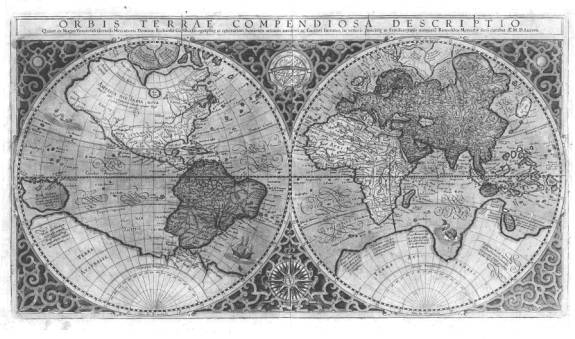LITR 5734:
Colonial & Postcolonial Literature

Sample Student Final Exams 2008
Essay 2: Compose a dialogue between our four novels since the midterm. (Objectives 1, 2, and 3 + others)
Talli Ortiz
Tradition is Never the Same Each Year [excerpts]
. . . Daniel Defoe explores in Robinson Crusoe the idea of a person raised in a traditional environment and then becomes an explorer. By listening to his father, Crusoe learned “that the middle class had the fewest disasters . . . [and] that the middle station of life was calculated for all kinds of vertues and all kinds of enjoyments” (6). Even after Crusoe has been on the isolated island for awhile he still tries to keep some traditions, like reading his bible “every morning and every night” (77). He also, writes in his journal as a form of tradition because it is reminiscent of the traditional task he could have had if he had stayed in England (possibly becoming a clerk of some sort). . . .
. . . The experiences that Lucy and Crusoe feel are something that many people would go through. As fictional characters, they bring a sense of enjoyment to readers by enabling them to see into their thoughts. Instead of facts and statistics that we would get from a historical or anthropological reading, the characters put us into the setting and make us see things in a different light. In other words, it is not all facts and the truth is stretched, but for a reason and as a reader figuring out that reason helps broaden our mind (Obj. 2a). . . .
. . . The characters in A Passage to India . . . debate about keeping their values about themselves. For instance, Aziz is constantly worried about being considered hospitable to his guests. Even when he is sick, he worries about the state of cleanliness of his house as more and more people come to visit him, “What a room! What a meeting! Squalor and ugly talk, the floor strewn with fragments of cane and nuts, and spotted with ink, the pictures crooked upon the dirty walls” (118). Here he worries about his house being presentable for his guests and then on top of that he worries that he has insulted a little boy and “The boy must be sent away happy, or hospitality would have failed” (118).
This fear of failure to keeping to traditions is also in Khushwant Singh’s Train to Pakistan. The lambardar is considered the wise man of the village and most people go to him for advice. The Muslims and Hindus are slowly torn apart as trains with dead bodies begin appearing in the village. However, when the Muslims are asked to leave, the Hindus aid them because that is what they have always done in the village. In addition, the Hindus fear that keeping the “houses” of the Muslims will not be a wise idea because they do not wish to have a conflict with them; however, they are pushed into doing things they do not want to do. The villagers fear that they are breaking away from hospitality, “They could not refuse shelter to refugees: hospitality was not a pastime but a sacred duty when those who sought it were homeless. Could they ask their Muslims to go? Quite emphatically not! Loyalty to a fellow villager was above all other considerations” (124). This shows that they were torn between choosing tradition by remaining loyal to the other villagers or trying to save their lives by telling them to leave.
These four books explore the variations that tradition goes through. Each one is plagued with doubt and guilt when it comes to changing their ways. The need to expand beyond their boundaries is evident as each culture must deal with a new culture. Such as, Crusoe realizing that the ways of the “savages” are not his ways or India not understanding the ways of the British. These changes are inevitable and each character deals with them in a different way, but still trying to maintain a sense of identity without losing too much ground.
